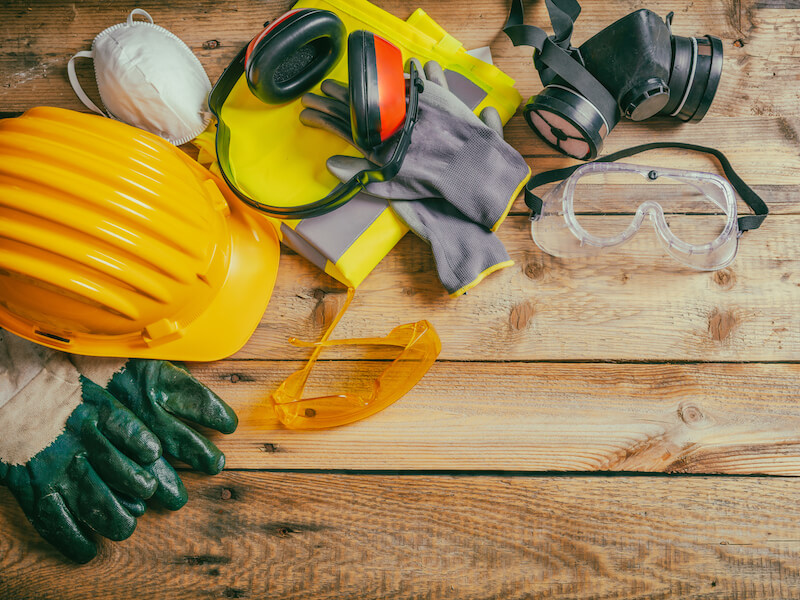
Every year, about 2 million workplace injuries are reported. Typically, we think about a hand caught in a piece of machinery or a flying projectile when we consider work-related injuries.
But the most common workplace injury is much more insidious and commonly goes unreported. Over the course of a few years, it will sneak up gradually on people. The majority of people don’t even detect it’s happening until it becomes severe. People often make excuses. “It’s only temporary” or “I’m just getting older. This is normal.
Many people don’t even realize it was caused by their workplace environment.
Damaged hearing is this insidious injury. There are numerous warning signs you should recognize, and there are significant steps you need to take if you think the damage is already done.
How Loud is Too Loud?
Your hearing can be irreversibly damaged with regular exposure to as little as 85 decibels (dB) over a long period. Seventy-five dB, for instance, is the average volume of a vacuum cleaner. Eighty-five dB for a lawnmower. A leaf blower or chainsaw produces over 100 dB. And the volume of a gunshot logs in at 140 dB.
How loud is your workplace? Are you being exposed to the most prevalent workplace injury? If you’re regularly exposed to noise as loud as a lawnmower, even if it’s not constant, your hearing is likely to become damaged over time.
Signs of Hearing Injury
If you work in a noisy environment, there’s no question you’re harming your hearing.
What follows are early warning signs that you’re experiencing hearing loss:
- You can’t understand the person speaking if there’s background noise.
- People are always complaining about the loud volume of your media devices.
- When you talk with people you constantly think they are mumbling
- You tend to disengage when people are talking.
- Loud sounds cause pain in your ears.
- You’re hearing noises in your ears like ringing, whistling, or hissing.
- You confuse consonants – “Todd” sounds like “Dodd,” for example.
- Conversations sound muffled.
- You regularly ask people to repeat themselves when they talk.
How is Hearing Damage Being Dealt With by Employers?
In environments that are extremely loud, technology is being used by businesses or organizations to reduce workplace noise. Government agencies are endeavoring to modify recommendations that will minimize workplace noise and protect employees.
Employees are speaking out as they become mindful of the long-term damage that workplace noise is causing. In time, their voices will bring about further change.
Preventing Additional Damage
Safeguarding your ears before they are damaged is the best plan if you work in a loud environment. Potential damage will be minimized by wearing protective earplugs or earmuffs.
If you believe your hearing has been damaged by a noisy workplace, make an appointment for a hearing exam as soon as possible. You will discover how to counter additional damage when you find out how much hearing damage you have. We can help you develop strategies to avoid further hearing loss and manage the damage you’ve already experienced.